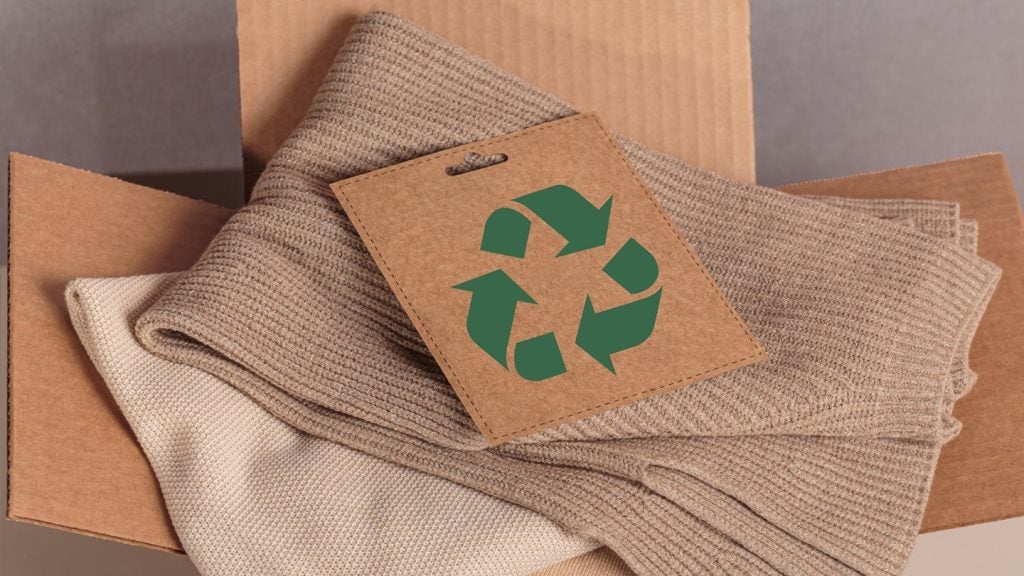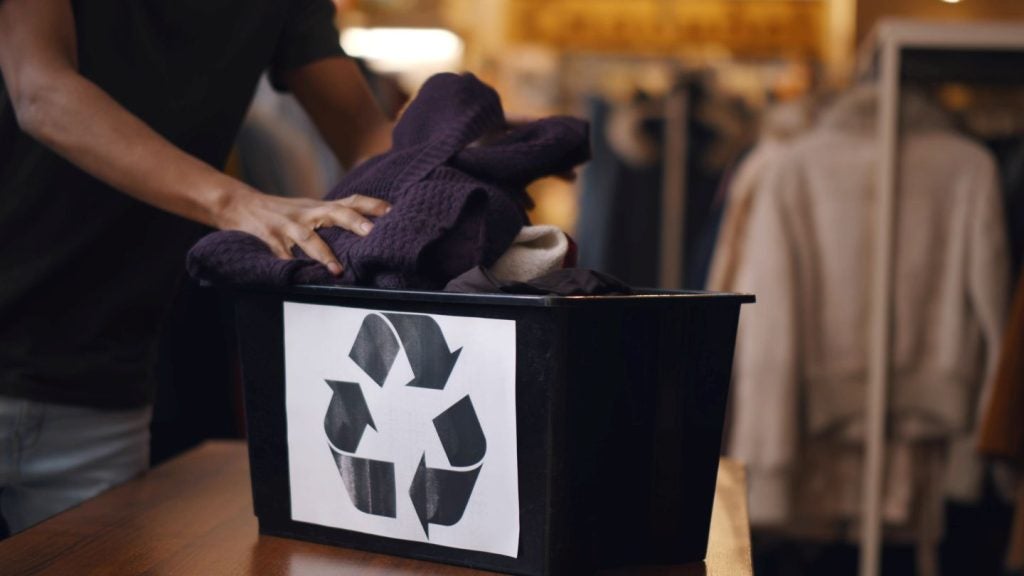The Circular Fashion Index Report (CFX 2025), now in its fifth year, provides an extensive analysis of the industry's progress in adopting circular practices.
It encompasses 246 apparel brands from 18 countries, covering five key product categories namely fashion, footwear, sports, outdoor and underwear and lingerie.
The report measures brand performance across seven dimensions that span the entire lifecycle of a product and beyond.
Kearney Americas fashion and luxury lead and co-author of the report Nora Kleinewillinghoefer said: "While our top-ranking companies continued to pull ahead, the majority of brands find themselves stuck between ambition and execution, making progress in some facets, but not transforming themselves across all dimensions in an integrated way.
"For most companies we researched, circularity efforts are too often siloed in sustainability departments, rather than being embedded into product development, sourcing, supply chain, and commercial operations."
Key findings of CFX 2025
- Over 70% of brands score in the "moderate" range across the CFX dimensions, indicating that circularity is becoming a standard part of their strategic commitments and initial programmes.
- Only 3 to 5% of brands demonstrate "extensive" implementation levels, highlighting a major conversion gap in scaling up these practices.
Europe and North America are at the forefront with average scores of 3.6 and 3.4 respectively. Driven by improvements in several markets, Europe has seen a substantial increase since 2024. It is also influenced by a stricter regulatory environment that includes incentives for repair, extended producer responsibility schemes, and upcoming eco-design requirements.
Kearney's industrial redesign practice, PERLab partner and Americas lead Namrata Shah said: "Even in the strongest-growing areas, progress in the adoption of circular design principles and raw material reuse was mostly limited to shifts from 'limited' to 'moderate' maturity. What's needed now is a strategic reframing and circularity must be treated as a lever for growth, not just a compliance exercise. This means embedding it into how brands design, source, sell, and service their products."
Commenting on the analysis, Kearney partner Dario Minutella said “execution gaps” stem from the absence of critical enablers that include scalable infrastructure, integrated systems, cross-functional ownership, and business models that are financially sustainable.
“The message in this research is clear: while directionally correct, the industry's pace must now shift gears. As regulation moves from policy to enforcement, incremental gains are no longer sufficient. Brands need to move from declaring ambition to delivering evidence, systematically, and at scale," Minutella added.














